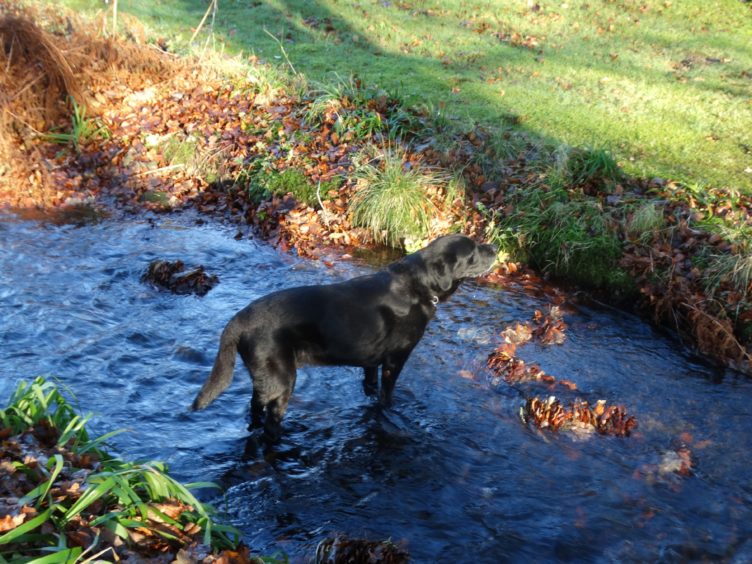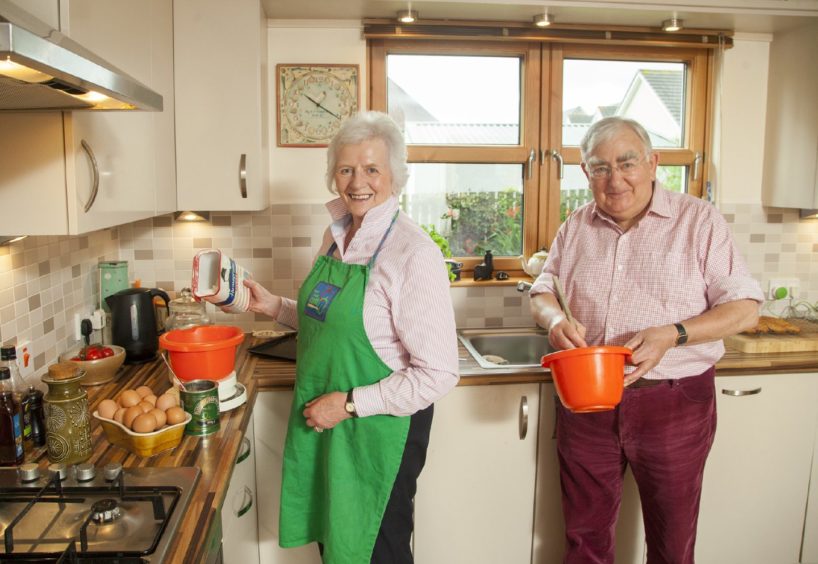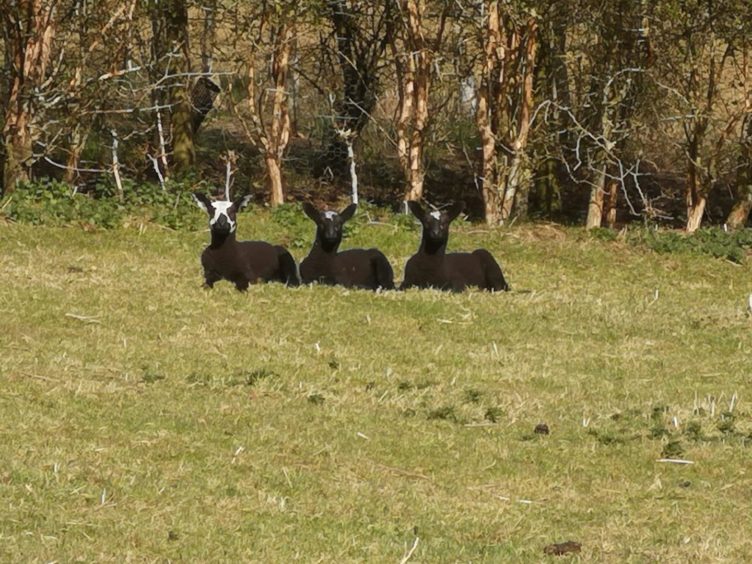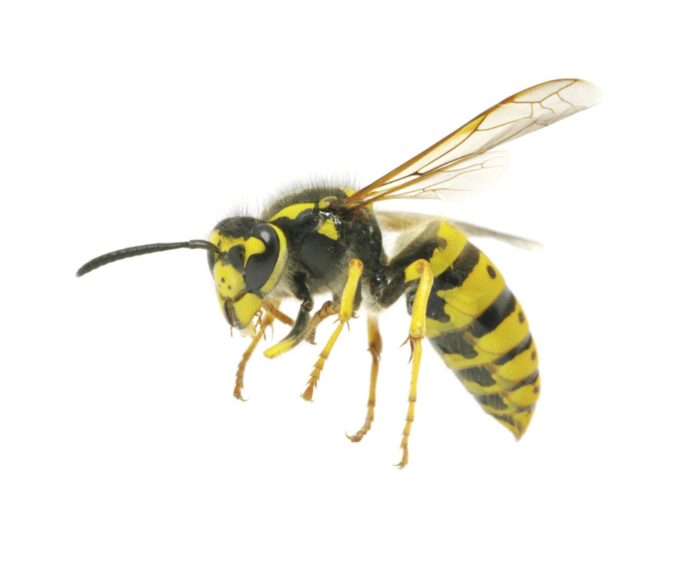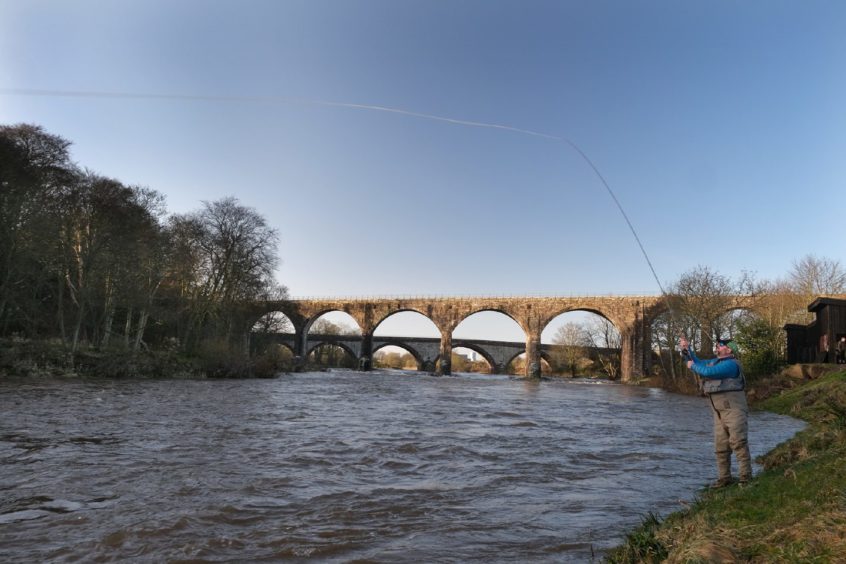It’s May Morning – first morning of May month – when, traditionally, girls rise from their beds at dawn and dash outdoors to bathe their faces in the early morning dew in expectation that it will bestow on them a flawless complexion.
It would be vanity for me to imagine that even the most efficacious May morning dew could do anything to jolly up my skin tones, so I didn’t anticipate an early rise.
The Doyenne, of course, has no need of such unorthodox panaceas and she was tucked up in bed waiting for the early cup of tea that I bring her every morning.
Pandemic-free zone
I was determined not to mention the pandemic in this column – it is a countryside column, after all.
As I tell people, it’s non-controversial and non-political, a gentle conversation with readers mostly about what Inka and I get up to when we’re out walking.
When we are out I’m looking and listening and I come home and write about what I’ve seen and what I’ve heard.
In large measure I think I’ve succeeded in this aim, but I must mention it in passing this week because last weekend we were able to meet with son James, daughter-in-law Harriet and granddaughter Tildie for the first time since August thanks to loosening of lockdown restrictions.
Not that we live in each other’s pockets, but you know what it’s like – the moment you’re told you can’t visit whenever you want is the time you want to see your family every weekend.
Sybil, their Jack Russell, came with them which made up six meeting out of doors. Sybil treats Inka with complete indifference but I don’t think that he greatly minds.
He likes nothing better than stretching out on the grass in the sun and we see his feet twitching and he utters little yelps in his sleep as he dreams the dreams of a black dog.
There must be an unwritten rule of barbecues that you cook twice as much as you need – or perhaps it’s the Doyenne’s special marinade
The weather was kind and we lit the barbecue. There must be an unwritten rule of barbecues that you cook twice as much as you need – or perhaps it’s the Doyenne’s special marinade for spare ribs and belly pork that makes them so tasty and moreish.
It’s made from sherry, soy sauce, runny honey, grated ginger, sugar, chicken stock and garlic.
I asked her for quantities and she shrugged her shoulders and said she just throws them all together as she’s done for the last fifty years.
I can’t help thinking Mrs Beeton or Mary Berry would have been rather more precise.
Young shepherd
For the past four years Tildie has helped a neighbour farmer with his lambing and this year she has been left much of the time to get on with it on her own.
She’s had extra responsibility looking after and helping train vet. students in lambing skills.
She has her own two sheep at home – Edith, a ewe and Hamish a wether, or castrated ram. They are Zwartbles, a Netherlands breed, crossed with Bluefaced Leicester – which seem pretty exotic to her grandparents.
She put Edith to her neighbour’s ram and she produced triplets which, of course, have names too – Albert, Archie and Ivy.
Quite the businesswoman she’s sold Archie and Albert already as pets, but they will stay with the ewe for another couple of months.
Waspish behaviour
The spring flowers in the garden are attracting the early pollinators.
A wasp was buzzing hopelessly up and down against the utility room window in its efforts to return to its natural environment and the Doyenne urged me to swat it. Instead I caught it in a glass and released it back into garden.
Wasps are one of a host of insect pollinators which play a critical role in the life cycle of plants.
They get a bad press because they sting if we alarm them.
This wasp was out there working like a busy bee ensuring the future of our garden flowers, but I think the Doyenne would still have preferred me to have swatted it.
Mad about fishing
The salmon fishing season has opened on the River North Esk and the spring salmon, or springers, are in the river making their way to the headwaters to spawn. And fishermen are ‘on the water’.
It’s one of those esoteric expressions peculiar to fishing. Fishermen are never in the water even if they in it are up to their oxters; it’s as if they have an arrangement with a higher authority enabling them to keep their feet dry.
Walking with Inka down the riverside I stopped to talk to three fishers at The Loups, the gorge where the rocky channel narrows and the water tumbles over a series of waterfalls which the fish must loup or navigate on their journey upstream.
Were they seeing any fish? Oh yes, there were plenty of fish but they weren’t taking.
I didn’t see so much as a vanishing fish tail. A clear case of salmon fever. It’s what salmon fishing does to salmon fishers sooner or later.

